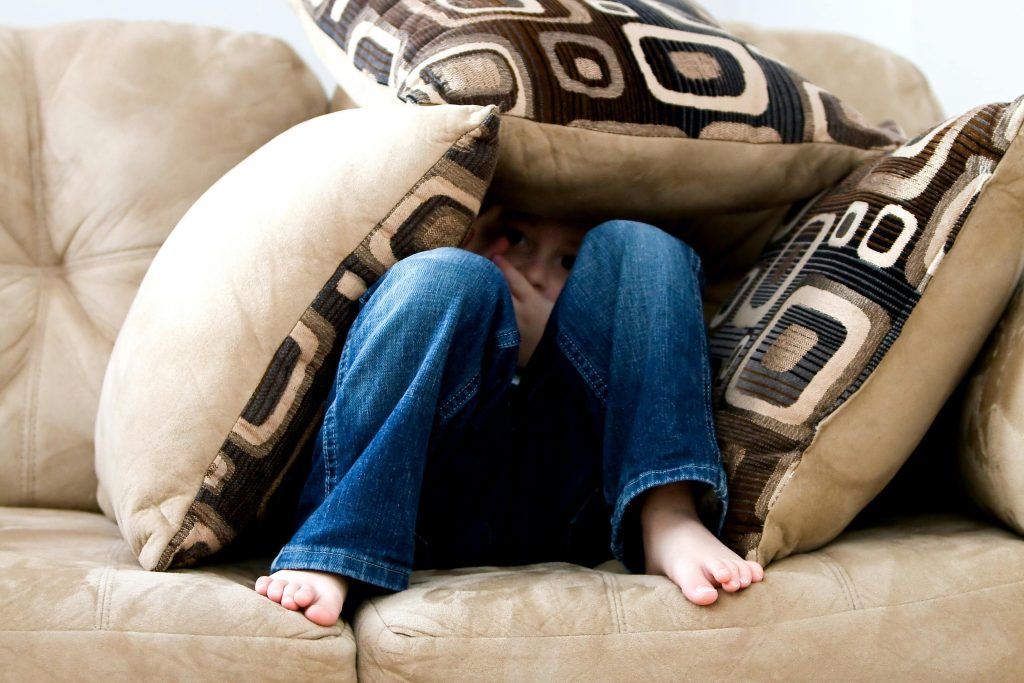Alcohol abuse doesn’t just affect the individual consuming the alcohol; it has far-reaching consequences that extend to their loved ones, especially children. While the effects of alcohol abuse on adults are well-documented, the impact on children often remains overlooked or underestimated. In this blog, we’ll explore the silent yet profound ways in which alcohol abuse can impact children.
1. Emotional Trauma
Living with a parent or caregiver who abuses alcohol can create a tumultuous and unpredictable environment for children. They may experience feelings of fear, anxiety, and confusion as they navigate the instability caused by erratic behavior, mood swings, and unpredictable situations. Witnessing verbal or physical aggression, neglect, or emotional abuse can leave lasting scars on a child’s psyche, affecting their self-esteem and emotional well-being.
2. Physical Neglect
Alcohol abuse can impair a caregiver’s ability to provide basic necessities such as food, shelter, and supervision. Children of alcoholics may suffer from neglect, malnutrition, and inadequate healthcare, leading to developmental delays, poor academic performance, and increased vulnerability to illness and injury. Lack of proper supervision can also expose children to dangerous situations, increasing the risk of accidents or harm.
3. Role Reversal and Parentification
In households affected by alcohol abuse, children may be forced to take on adult responsibilities at a young age. They may assume the role of caregiver, providing emotional support, managing household chores, or even caring for younger siblings. This premature role reversal, known as parentification, robs children of their childhood and can hinder their social, emotional, and cognitive development.
4. Psychological Impact
Growing up in a home where alcohol abuse is prevalent can lead to profound psychological consequences for children. They may struggle with feelings of guilt, shame, and isolation, fearing judgment or stigma from peers and society. These internalized emotions can manifest in various ways, including depression, anxiety, substance abuse, or behavioral problems. Without proper intervention and support, the cycle of addiction and dysfunction can perpetuate across generations.
5. Long-term Effects
The impact of childhood exposure to alcohol abuse can extend into adulthood, influencing relationships, career prospects, and overall quality of life. Children of alcoholics are at a higher risk of developing alcohol or substance abuse disorders themselves, perpetuating the cycle of addiction. Additionally, unresolved trauma and emotional wounds from childhood may resurface in later years, affecting mental health and well-being.
Breaking the Cycle
Despite the profound challenges faced by children of alcoholics, there is hope for healing and recovery. Early intervention, access to supportive resources, and a nurturing environment can mitigate the long-term effects of alcohol abuse on children. Counseling, support groups, and therapeutic interventions offer avenues for healing trauma, rebuilding self-esteem, and developing healthy coping mechanisms.
As a society, it’s essential to recognize and address the impact of alcohol abuse on children, offering them the support and resources they need to thrive. By breaking the cycle of addiction and providing a safe and nurturing environment, we can create brighter futures for the silent victims of alcohol abuse—our children.



0 Comments
Join the conversation